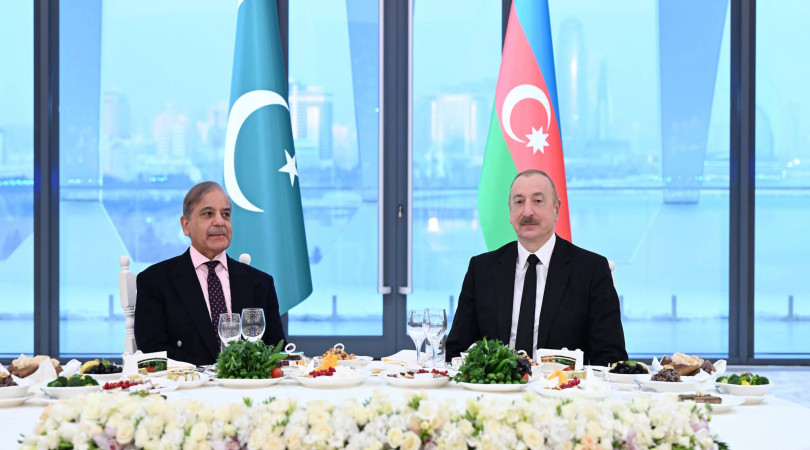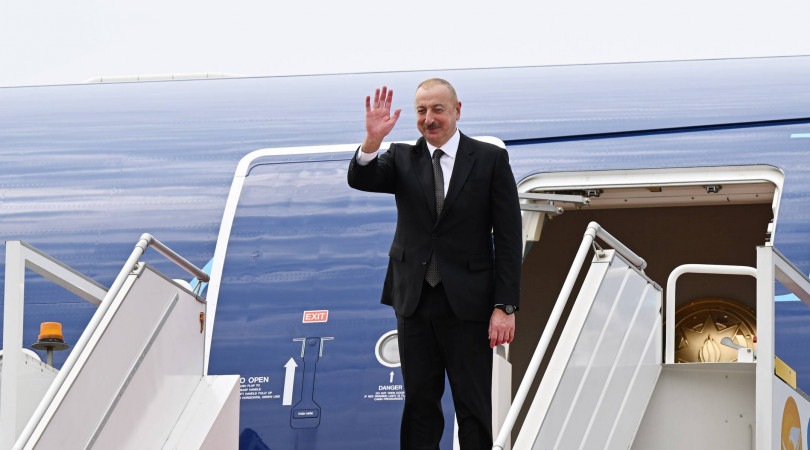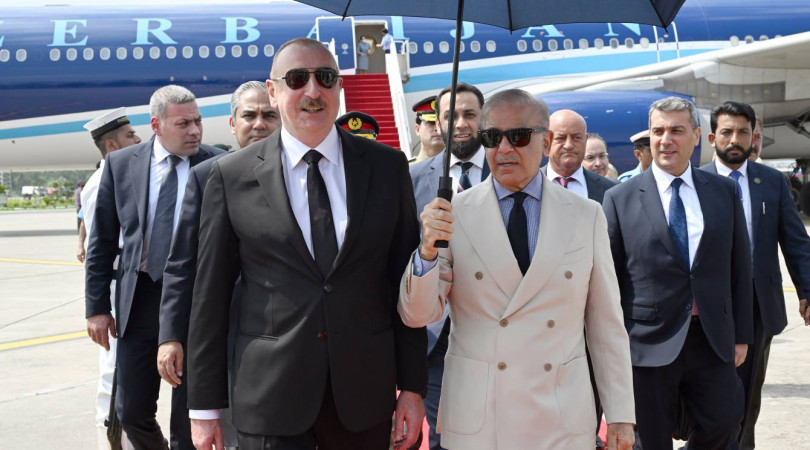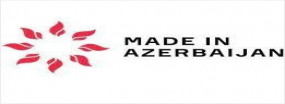Statement by the Ministry of Foreign Affairs on the escalation of situation in the frontline in April, 2016
One year has passed since the April 2016 escalation in the frontline. On April 2, 2016, the armed forces of Armenia increased fighting from their positions in the occupied territories, subjecting the armed forces of Azerbaijan along the line of contact and the adjacent densely populated areas under control of Azerbaijan to intensive fire with heavy artillery and large-caliber weapons. As a result of Armenia’s attacks and subsequent hostilities, 34 towns and villages in Azerbaijan were shelled, 6 civilians, including children were killed and 33 were seriously wounded. Substantial damages were inflicted upon the private and public property.
The armed forces of Azerbaijan have taken the necessary counter measures within its internationally recognized borders to ensure the safety of civilian population and to stop the further provocations of Armenia.
Armenia’s provocative offensive actions also caused casualties and injuries among the servicemen of the armed forces of Azerbaijan. Numerous signs of post-mortem mutilation of the bodies of Azerbaijani servicemen committed by Armenian side were also registered.
On 5 April 2016 in Moscow, under the mediation efforts of the Russian Federation, the ceasefire was agreed between Armenia and Azerbaijan. Despite that, Armenia subjected to intensive heavy artillery fire the civilian Azerbaijani population in the towns and villages situated along the line of contact on April 26-27, 2016 as well.
The April escalation once again demonstrated that the unlawful presence of the armed forces of Armenia in the occupied territories of Azerbaijan remains the main cause of escalation in the frontline and is the major impediment to political settlement of the conflict.
After April escalation upon the initiative of Foreign Ministers of OSCE Minsk Group C-Chair countries the meeting of Presidents of the Republic of Azerbaijan and the Republic of Armenia was organized in Vienna on May 16, 2016. At the invitation of the President of the Russian Federation, the Presidents of the Republic of Azerbaijan, Republic of Armenia and Russian Federation met in Saint Petersburg on June 20, 2016 and had substantive negotiations towards the resolution of Armenia-Azerbaijan Nagorno-Karabakh conflict.
However, since then by deliberate political-military provocations and different pretexts Armenia did not let to sustain the momentum and transform the understandings reached in Sankt-Petersburg meeting into the concrete actions, reduce tension and did not start the withdrawal its troops from the occupied territories of Azerbaijan.
The recent statements and warmongering rhetoric of political-military leadership of Armenia and its attempts to boycott and precondition the substantive negotiations indicate the apparent unwillingness of the Armenia to engage constructively for the settlement of conflict. Continued efforts of Armenia to strengthen its military build-up in the occupied territories of Azerbaijan, illegally changing the demographic, cultural and physical character of these territories reveal notorious intentions of the Armenian side to derail the peace process and ensure annexation of Azerbaijan’s territories.
The Republic of Azerbaijan once again underlines that it shall never reconcile with the occupation of its territories. The resolution of the conflict is possible only on the basis of the sovereignty and territorial integrity of Azerbaijan within its internationally recognized borders.
The principled basis for the settlement of the conflict is laid down in the United Nations Security Council resolutions 822(1993), 853(1993), 874(1993) and 884(1993), which condemn the use of force against Azerbaijan and occupation of its territories and reaffirm the sovereignty and territorial integrity of Azerbaijan and the inviolability of its internationally recognized borders. In those resolutions, the United Nations reaffirmed that the Nagorno-Karabakh region is an inalienable part of Azerbaijan and demanded immediate, complete and unconditional withdrawal of the occupying forces from all occupied territories of Azerbaijan.
We urge the international community and the OSCE Minsk Group Co-chairs to demand from Armenia to engage constructively in substantive negotiations with a view of withdrawing its armed forces from the occupied territories of Azerbaijan and changing the status quo of occupation and ensuring lasting peace in the region.


















